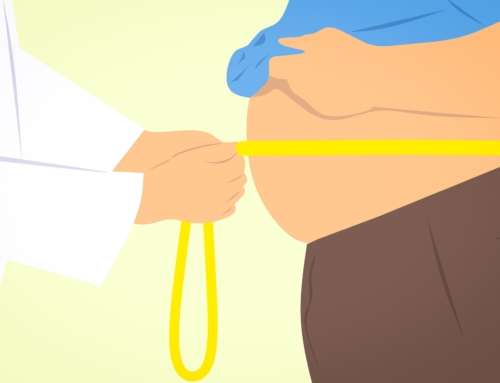Last week I touched on the methylation pathway markers you can measure and the genes involved. I discussed how methylation issues can cause heart disease, has some association with some birth defects and been implicated in many other diseases so be sure and check out that newsletter if you missed it. While those are some serious downstream effects of methylation issues, since 85% of us have a methylation variant the more common effects are going to be in our mood. If you have always felt like you have an “Eyeore” type of view of the world, have a tendency toward anxiety, just can’t recall every being truly happy then it might just be in your genes and addressing the underlying pathways may help!!
Here are some potential symptoms regarding these pathways:
- Anxiety
- Sleep issues
- Over or under achiever
- OCD
- Mental health issues like depression/bipolar/schizophrenia
- And more….
READ ON to learn a possible underlying reason for your symptoms….
Let’s get the geeky stuff out of the way. In regarding these pathways you can have undermethylation or overmethylation. Undermethylation means that this pathway is underperforming, it doesn’t have enough methyl groups to use. Overmethylation means there are too many methyl groups. My favorite analogy for any pathway having too much is the iconic chocolate factory scene with Lucille Ball! If you recall when the conveyer belt starts going too fast, more and more candy comes flying by and mistakes are being made. Chocolate is flying everywhere as she desperately tries to keep up often stuffing them in her mouth! If you haven’t seen this then I highly recommend checking out this link!
Just because you are an under or over methylator does not mean you will have any mood changes or symptoms. Most people have a defect in one of these pathways. So, don’t panic if you discover this with labs. This is just something to consider and give you great tools to help when you feel off.
Undermethylation is found in about 38% of people with depression, 65% of people with schizophrenia and up to 95% of people with autism spectrum disorder. Keep in mind just because you are undermethylated doesn’t mean you will be depressed or have any mental health issue at all. There is decreased activity at the serotonin and dopamine receptors and often excess NMDA activity. Hallmark signs and symptoms include:
- Calm exterior, tense interior
- Obsessive, OCD or strong habits
- Competitive/perfectionistic
- Self-motivated in school
- High achiever and accomplished
- Introverted
- Tends toward solo sports
SSRI, SNRI antidepressants (Lexapro, Prozac, Effexor etc) often help and they have a good response but treatment resistant depression is not uncommon. Addictions can be common in this group.
Overmethylation is less common and found in less than 20% of people with depression and schizophrenia. This results in increased activity at the serotonin and dopamine receptors and decreased NMDA activity. Hallmark signs and symptoms include:
- High anxiety, panic
- Can’t stop talking
- Hyperactive (Benadryl may make this worse
- Very social
- Empathic, caring of others
- Sleep disorders
- School underachievement
- May have increased risk of post-partum issues
SSRI, SNRI may make people with overmethylation worse.
Clearly, these are broad symptoms and other issues may be underlying culprits but I have found that there is some truth to these methylation pathways and the symptoms especially when the symptoms are significant. Many of us have methylation issues and this is NOT a bad thing. In fact, these are the very things that drive us to be who we are…which is by the way awesome! BUT, if you are struggling then this is another avenue to explore as balancing these pathways may just help you!!
Treatment of undermethylation and overmethylation consists of core nutrients depending on the testing. Folate is a key cofactor but to give folate or not give folate is an oversimplification of these pathways so while it can be a tool it is not the only one. If you are an overmethylator then you need to make sure the homocysteine is not elevated and address this first before adding any folate. Undermethylators often respond to certain key amino acids and nutrients and can get worse with folate (doesn’t mean you don’t give it but other issues need to be addressed first).
To your health,
Laura









